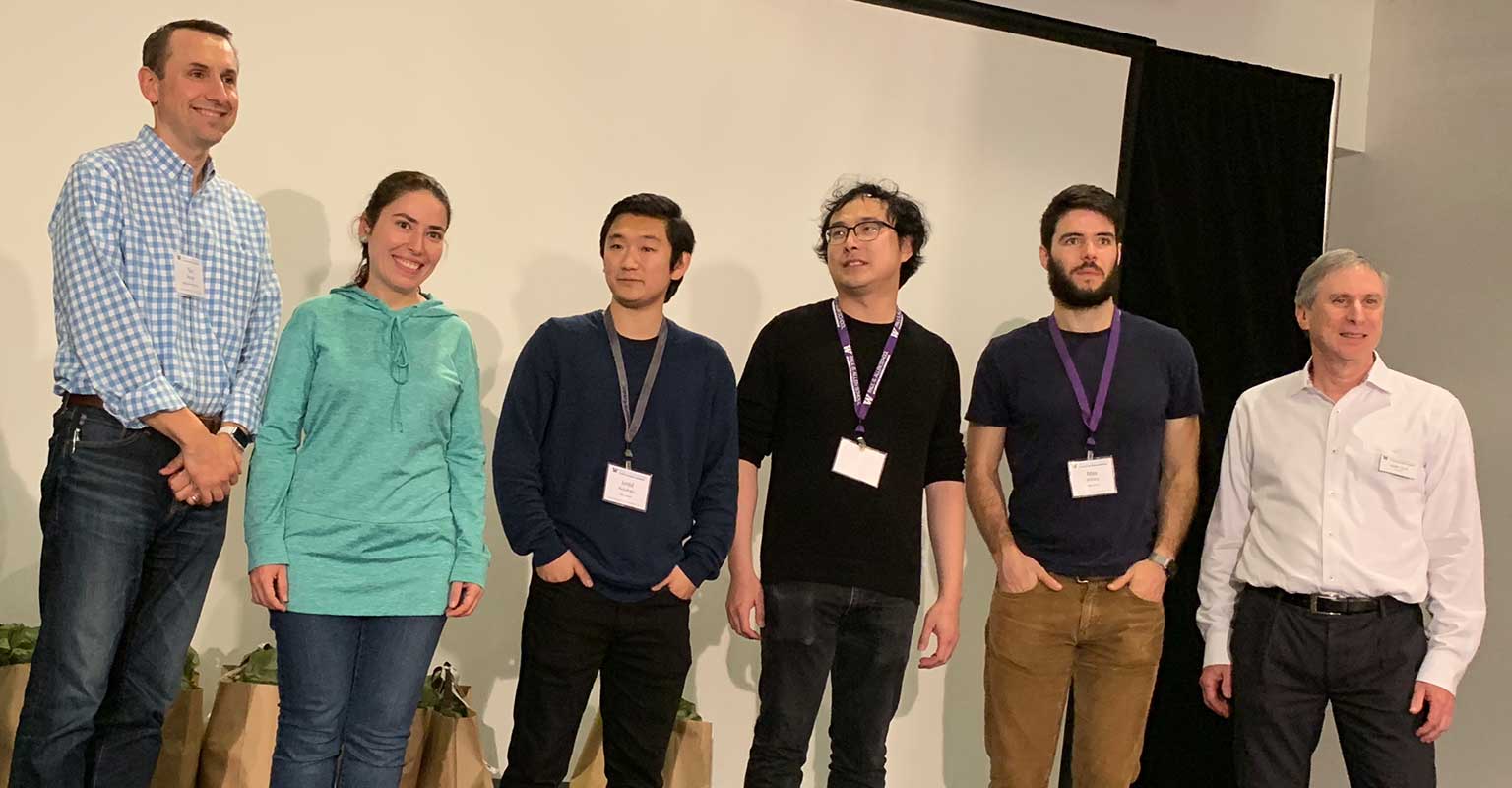One of the most fun opportunities I get as a venture capitalist is to partner with founding teams from the very beginning of their journey. It’s with great pleasure that I get to announce one such journey, which we have been working on for a while … our investment in and partnership with Will, Marty, Farah and team at FreightWeb Services.
FreightWeb has all the ingredients we love to see in Day One companies:
- Massive markets ripe for new thinking and innovation
- Founders with deep domain expertise who understand the customer(s) and pain point(s)
- Founders who have been part of rocket ship rides and know what to do when they grab a tiger by the tail
- Products that leverage copious amounts of data to deliver simple and effective solutions
- Solutions that deliver clear, tangible, and near-immediate customer value
Simply put, FreightWeb Services’ mission is to increase the utilization of trucking capacity that moves freight in the U.S., an $800 billion market in 2018. As we started collaborating with the FreightWeb team and digging into the domestic trucking market, we were surprised to learn that most trucks transporting loads in the United States carry less than half of their maximum freight capacity. There are a number of reasons for this, but a primary one is that, as a shipper, it’s difficult to buy a fraction of the space in a truck. If you have less than 5 pallets to ship, there’s a service called Less than Truckload (LTL) shipping that works reasonably well. If you have 20+ pallets to ship, renting the full capacity of the truck (Full Truckload Shipping, or FTL) is a relatively simple and cost-effective option. But for all of the loads in-between, there is no great option. Mid-sized loads (often called partials) are hard to quote, hard to book capacity, and expensive. But they don’t need to be. And this is the problem FreightWeb is singularly focused on solving.
Will Payson, the co-founder/CEO of FreightWeb, uses the virtualization of cloud infrastructure, and the ability to sell compute and storage in bite-sized pieces, as a helpful (albeit rough) analogy. Many moons ago, when we wanted to run web applications, we’d have to buy or rent a server dedicated to running that application. Renting a server in internet land is akin to renting a full truckload to move your payload. If you don’t have much traffic on your server, the server capacity goes mostly un-utilized and your rental cost per unit of consumption is high. If you don’t have a lot of stuff to put in a truck, the truck space goes mostly un-utilized and the cost to move a pound of goods is very high. If only we could find ways to rent truck space, on-demand, measured in arbitrarily sized chunks, we could make the system much more efficient.
This problem is worth solving for all the players in the freight-hauling ecosystem. For shippers, buying freight in chunks of any size means they no longer need to optimize their shipping to conform to the restrictions imposed by the current system. They can buy smaller chunks of trucking capacity more cheaply while moving freight more frequently, shifting the balance from batch to continuous flow to better adapt to market demand. For carriers, they can better fill their trucks with freight from multiple shippers, increasing capacity utilization and total revenue. Innovations that enable the parties on both sides of a transaction to benefit financially are hard to find, and that’s one of a number of things that make the FreightWeb opportunity compelling.
We were first introduced to Will by Mike Fridgen, co-Managing Director of Madrona Venture Labs (MVL), a startup studio founded at Madrona in 2012 which has grown significantly since then. Many entrepreneurs start their journeys collaborating with MVL to develop their concepts and accelerate early learning and building. In this case, Will and his co-founder Marty were ready to go, but needed a strong technical co-founder to build out the core technology. Even before we wrote the check, our talent team (Matt Witt and Shannon Anderson) and Chief Product Officer/Venture Partner, Ted Kummert, helped define the spec and develop a list of target candidates for the co-founder/CTO role. We were delighted when Farah Ali, a seasoned technology executive and top of our prospect list, chose to come aboard as a co-founder to launch the company.
It’s early days in the life of the company, but we have been very impressed with the caliber of the team that FreightWeb has assembled, we are excited about the vision they have set out, and we look forward to our Day One for the long-run journey together.



